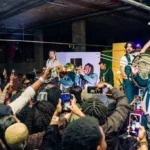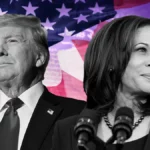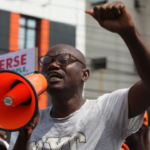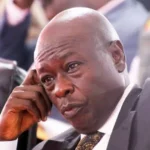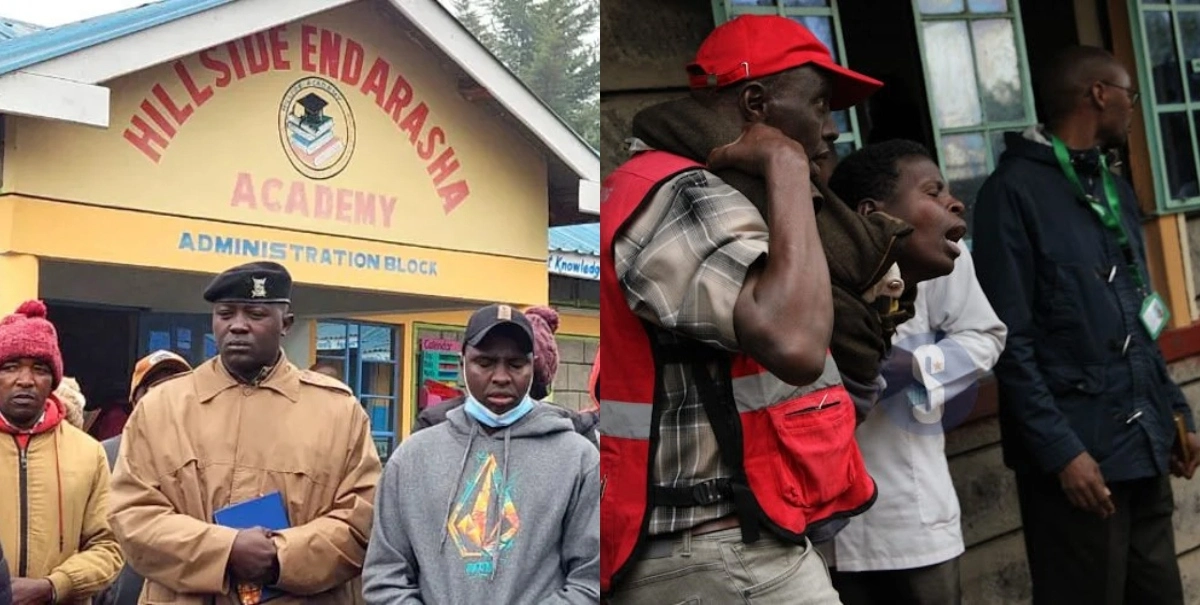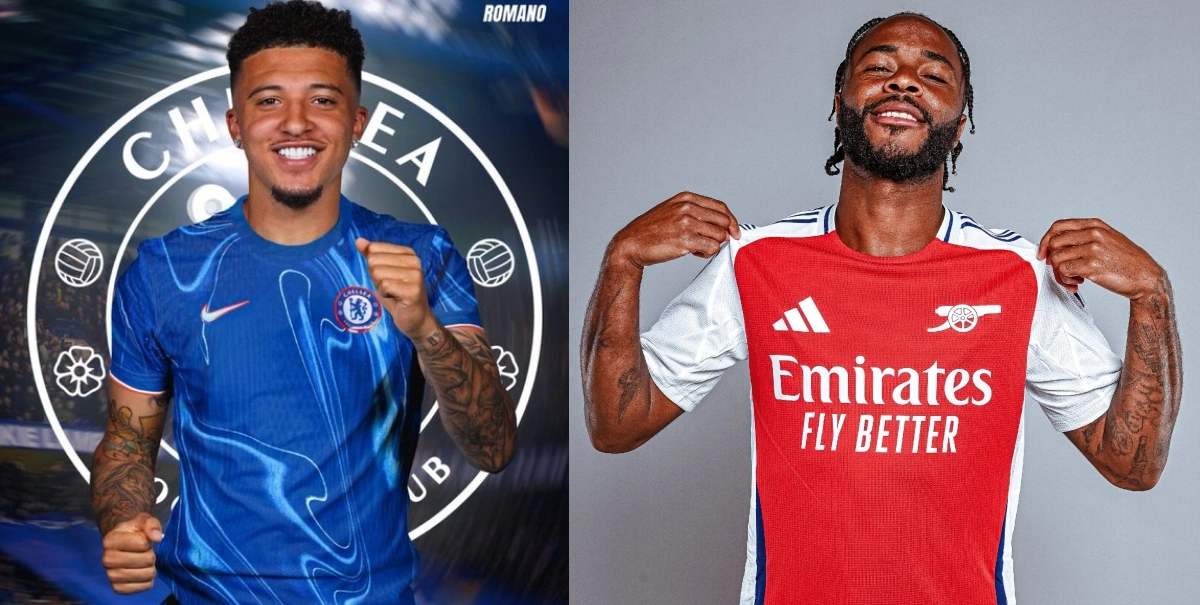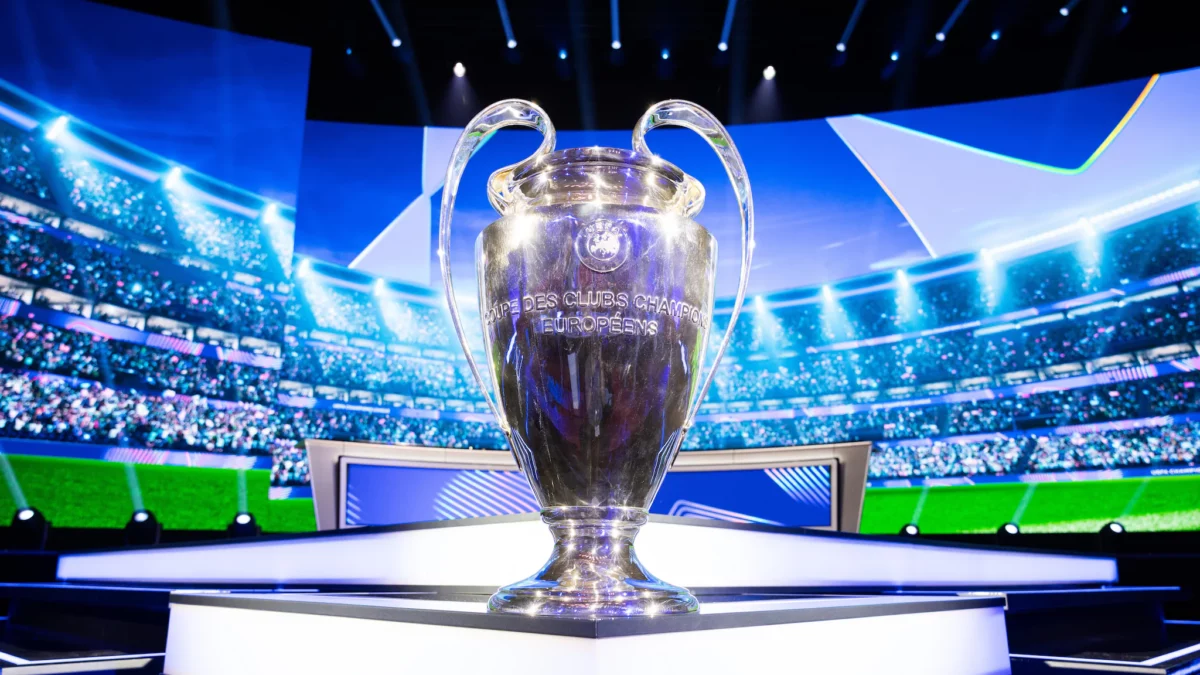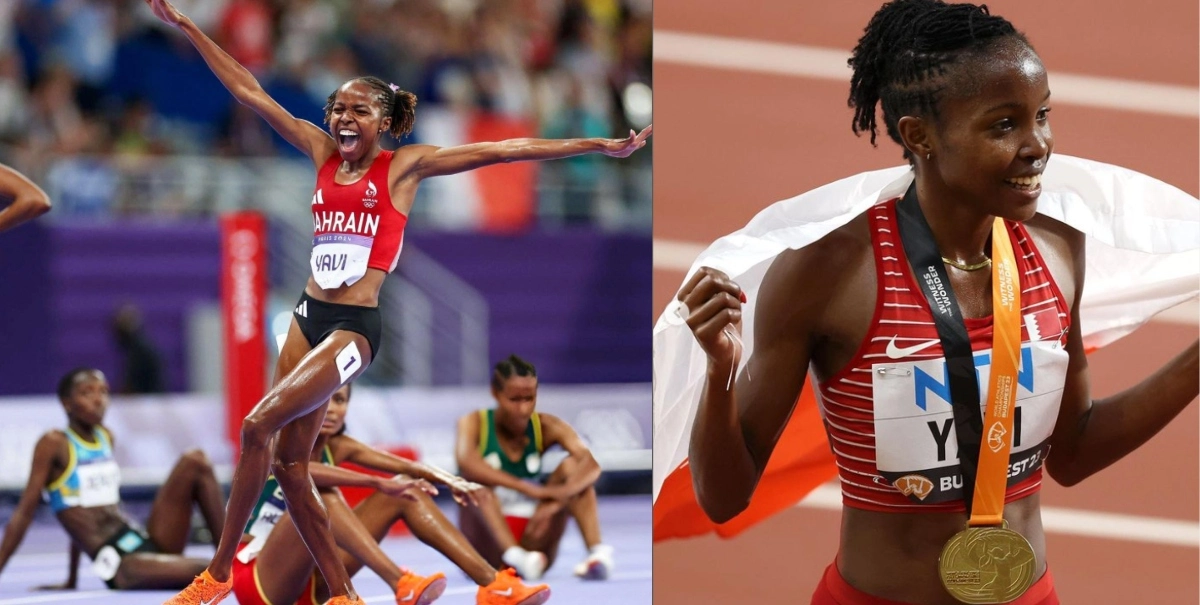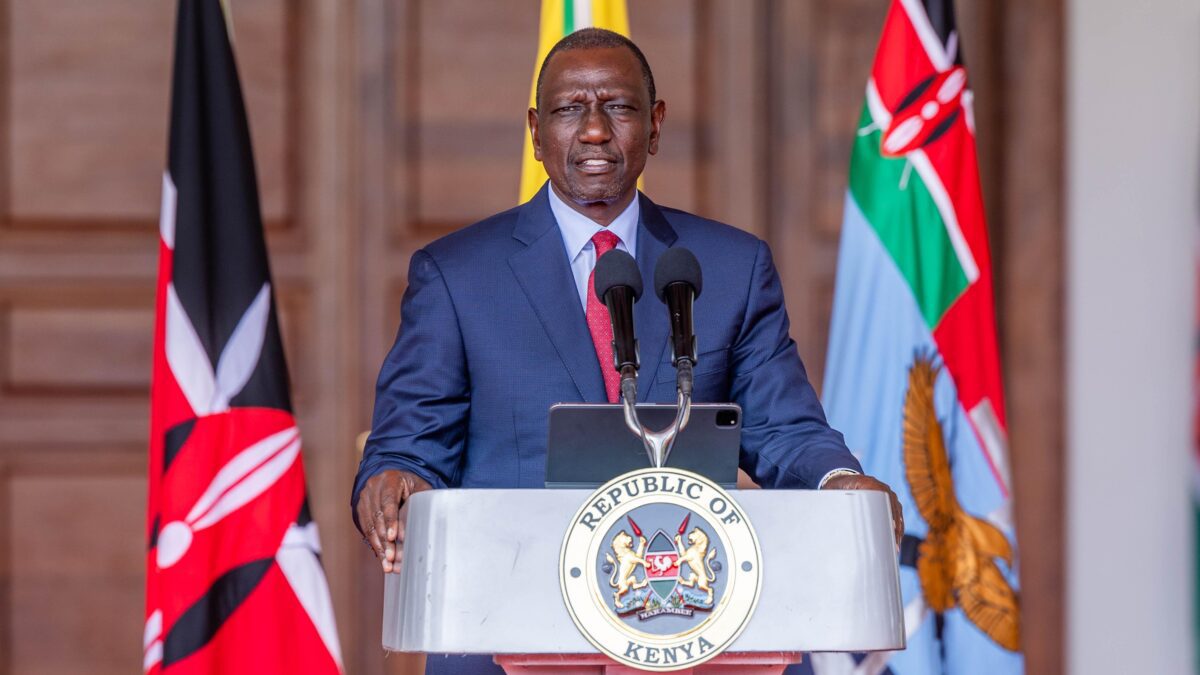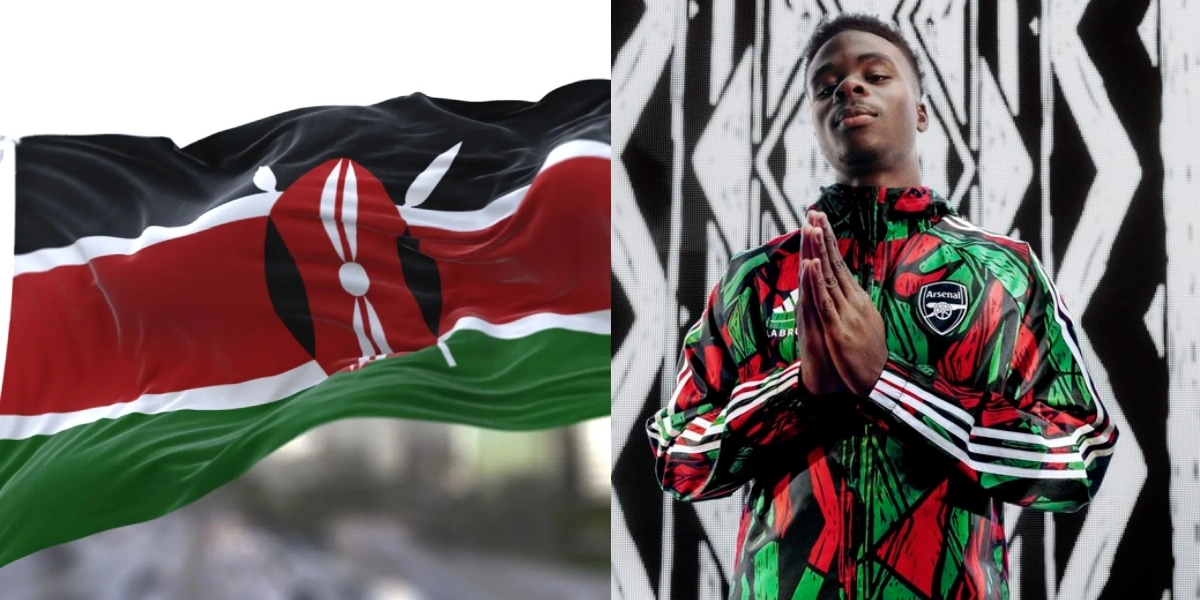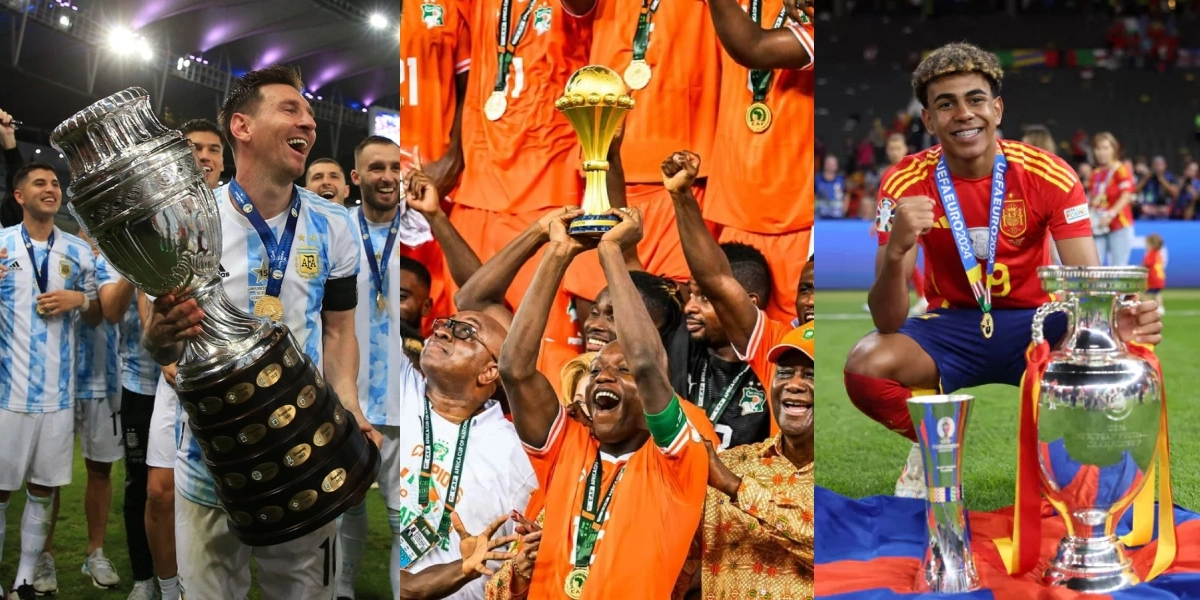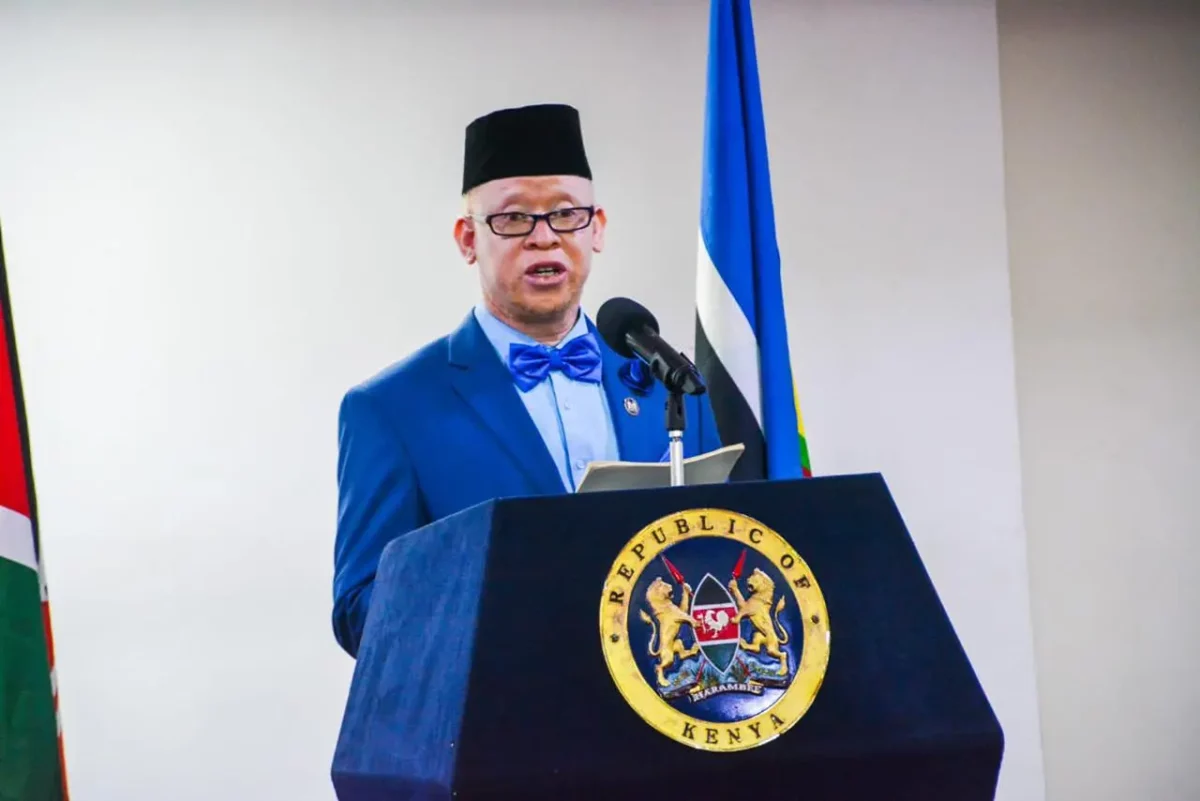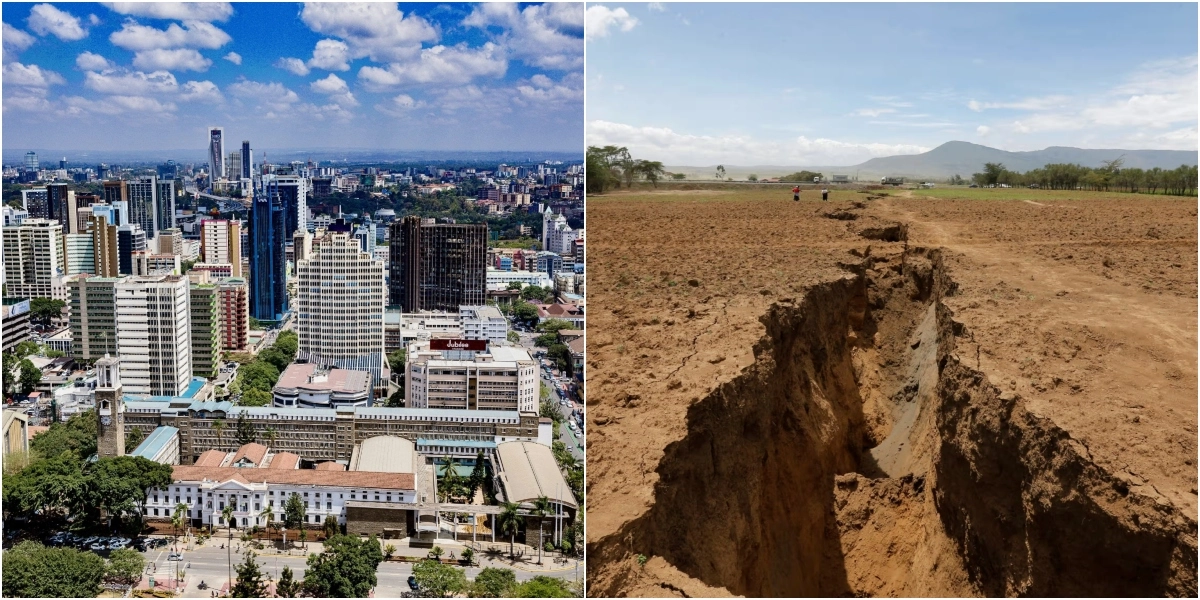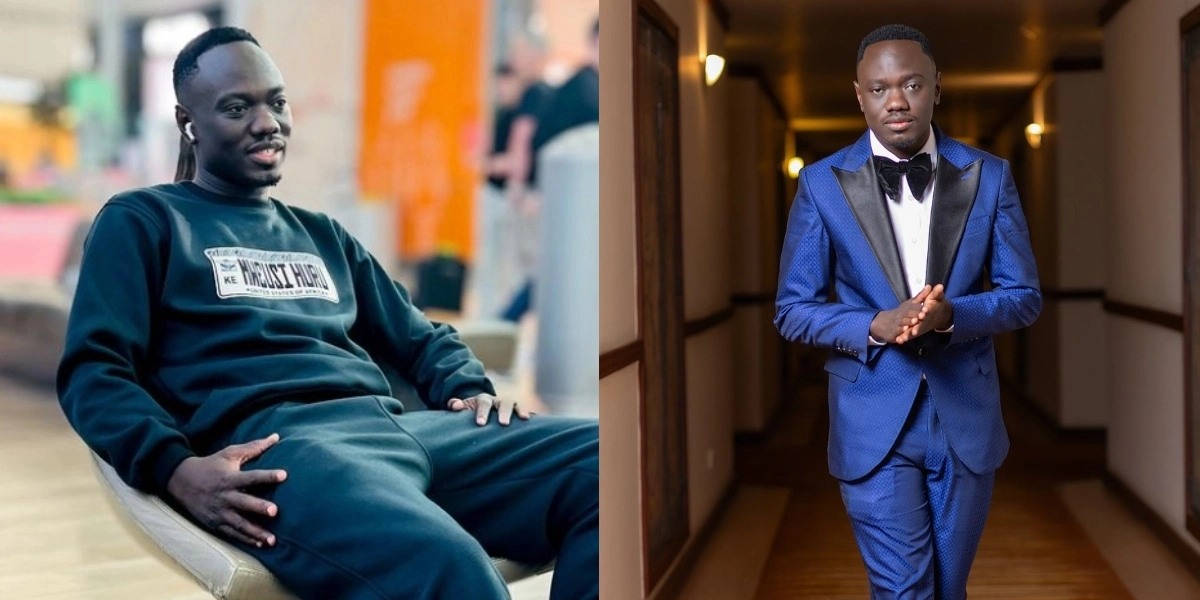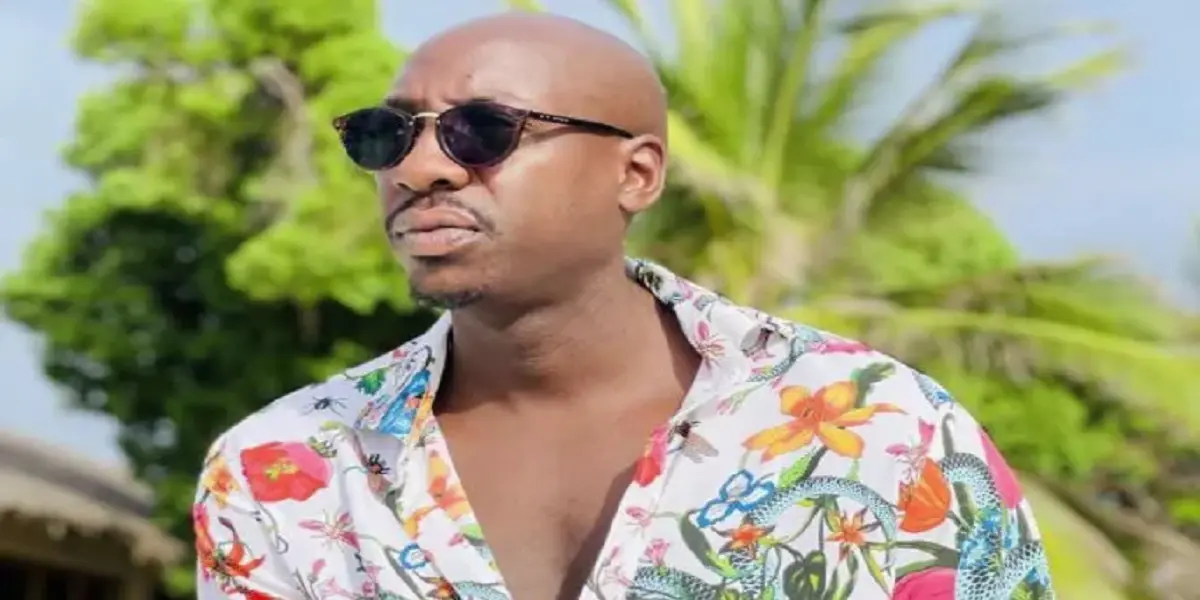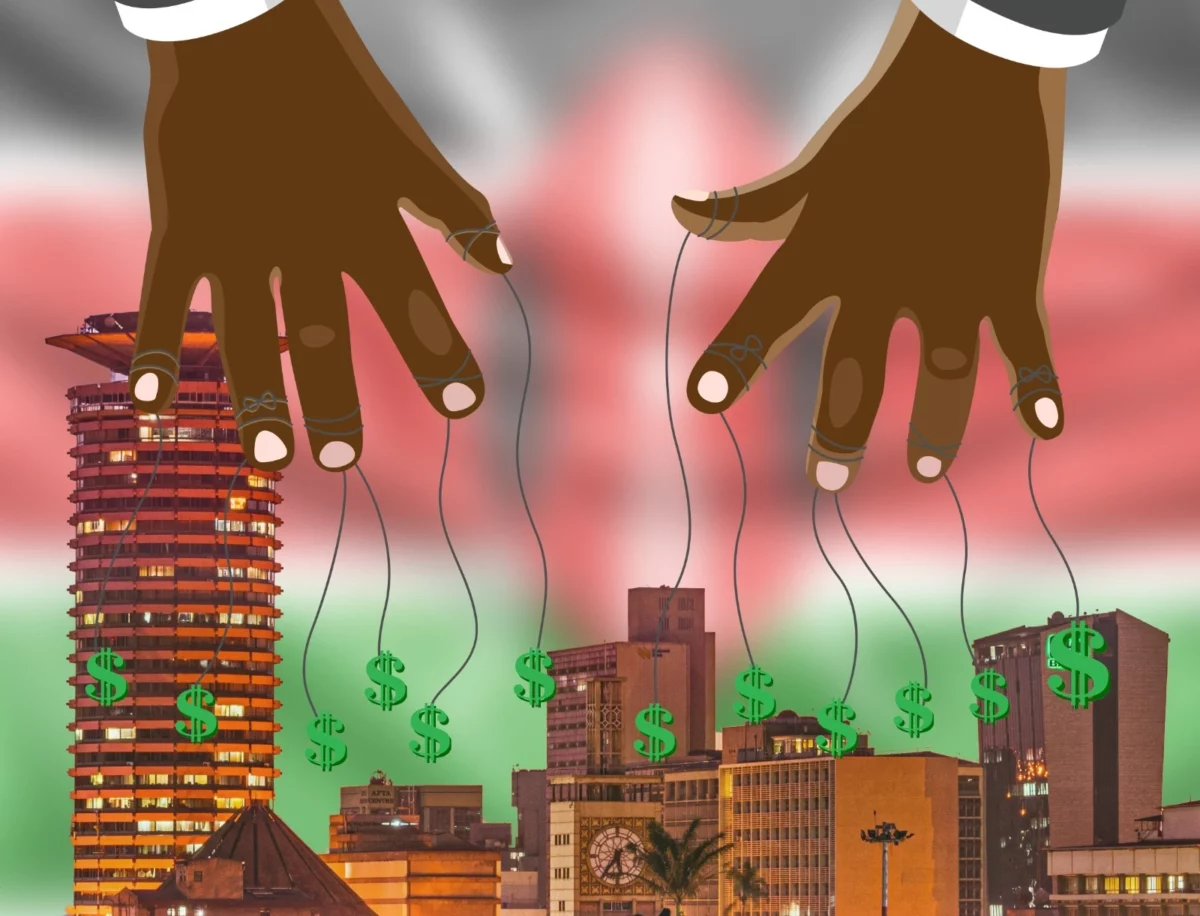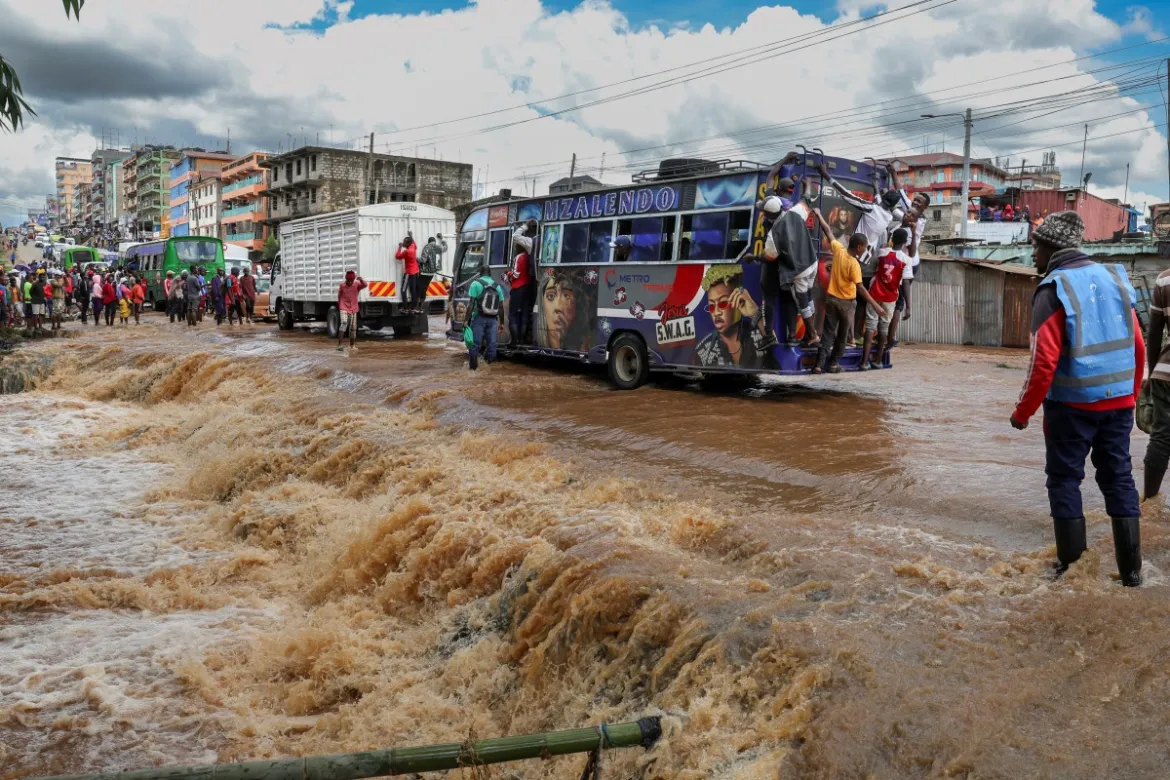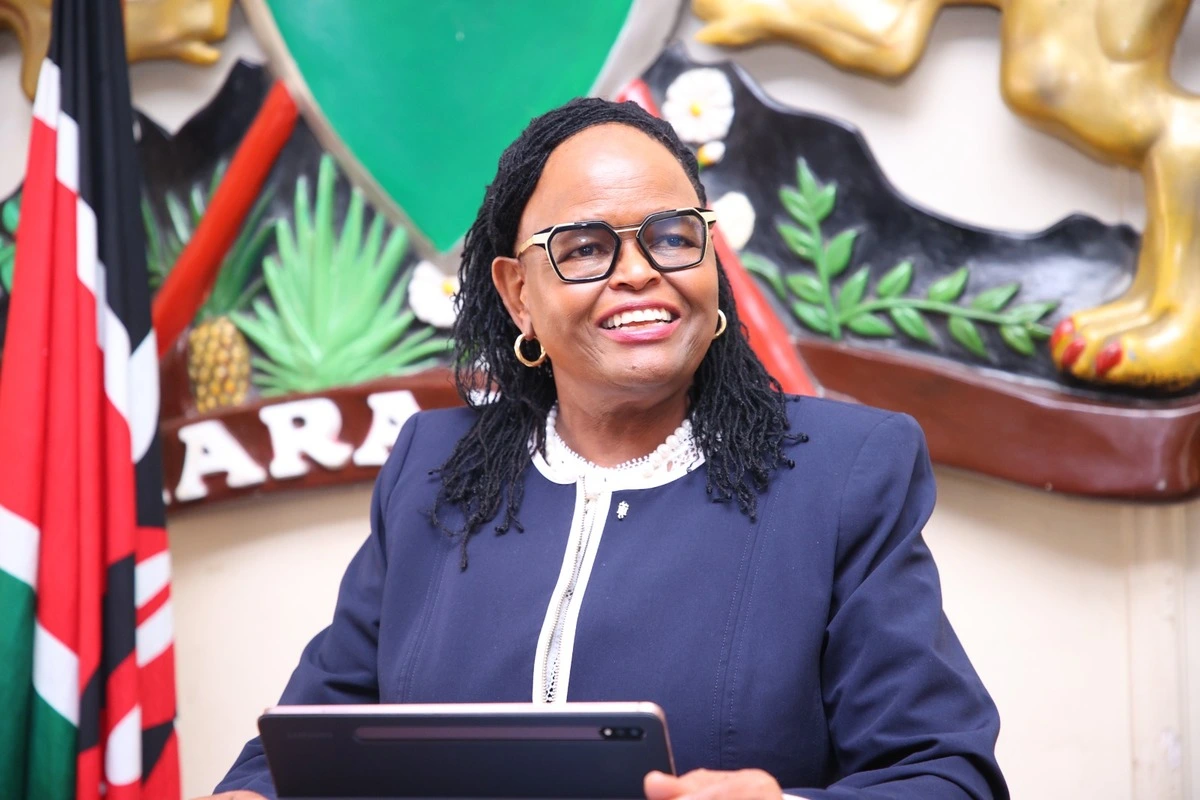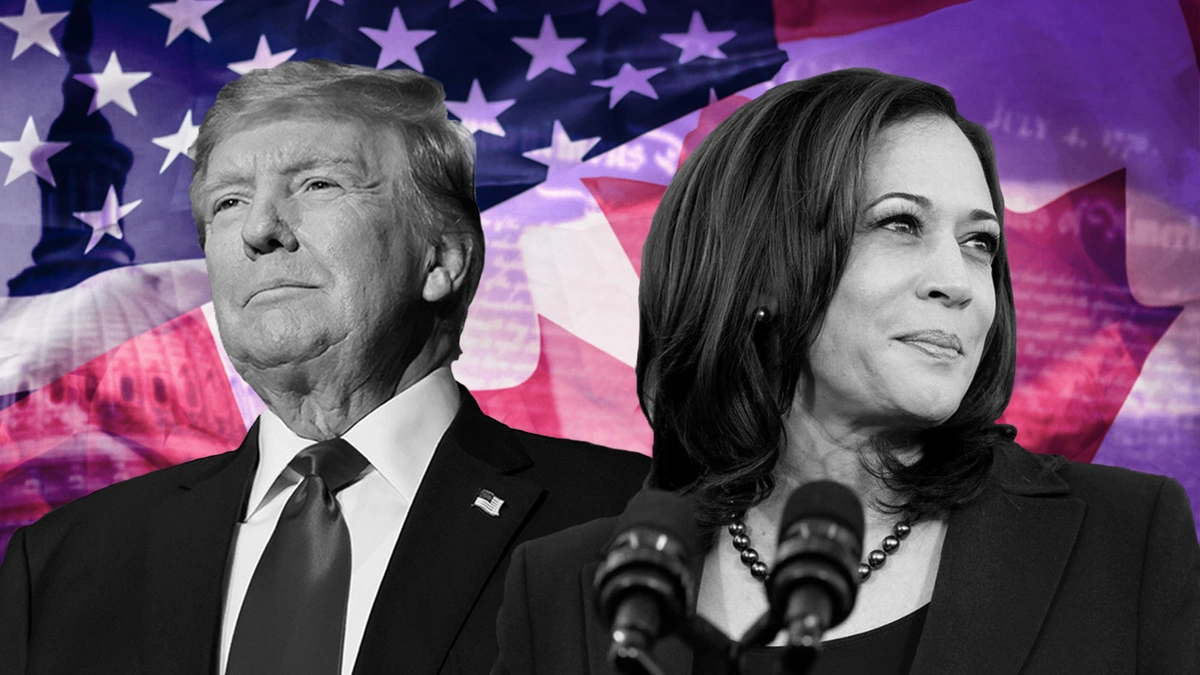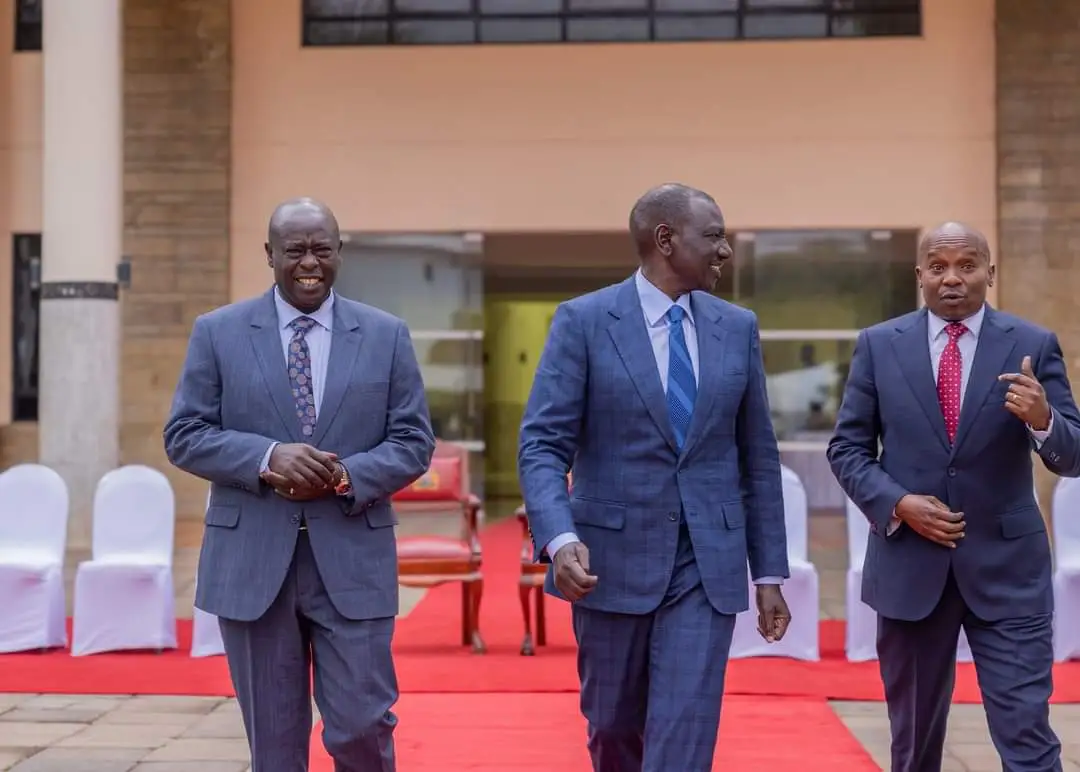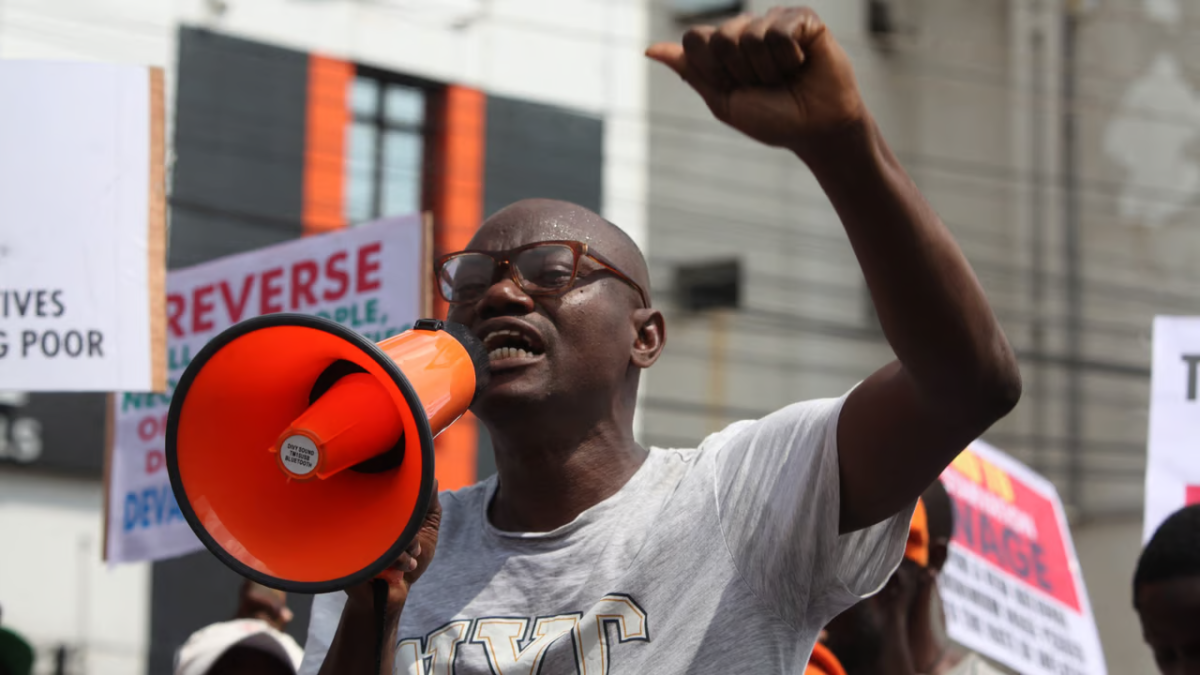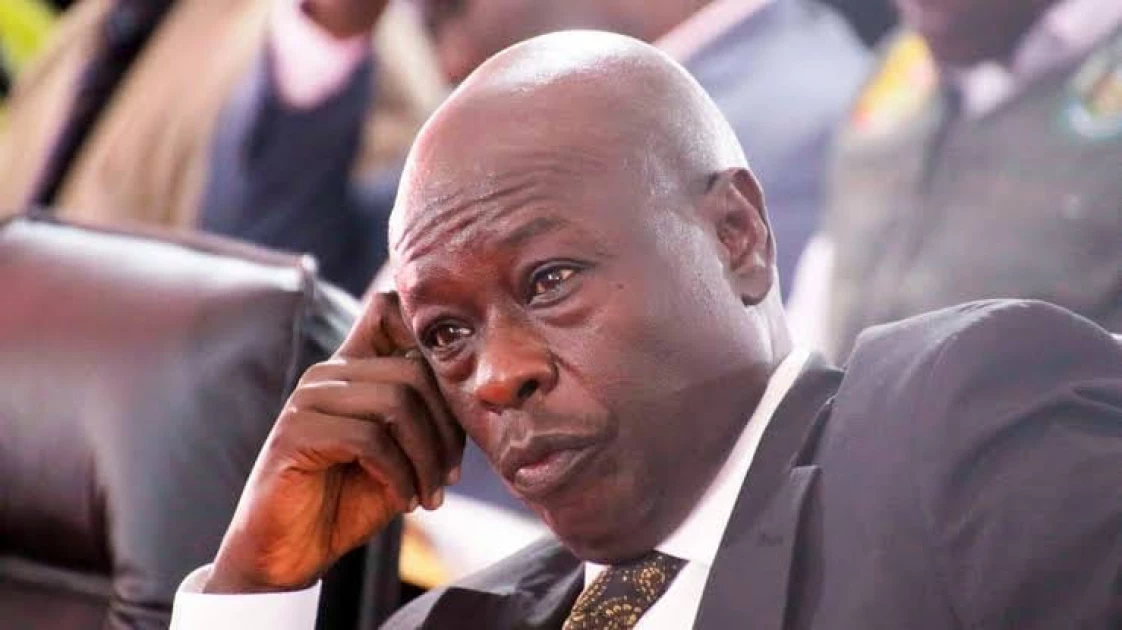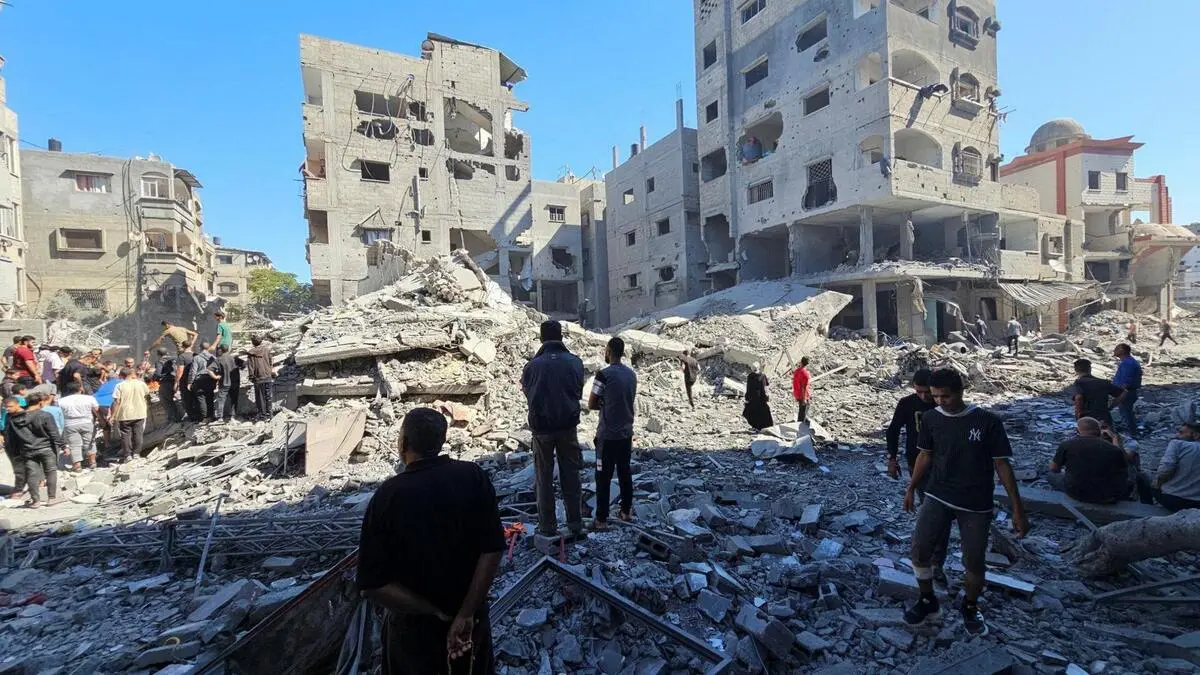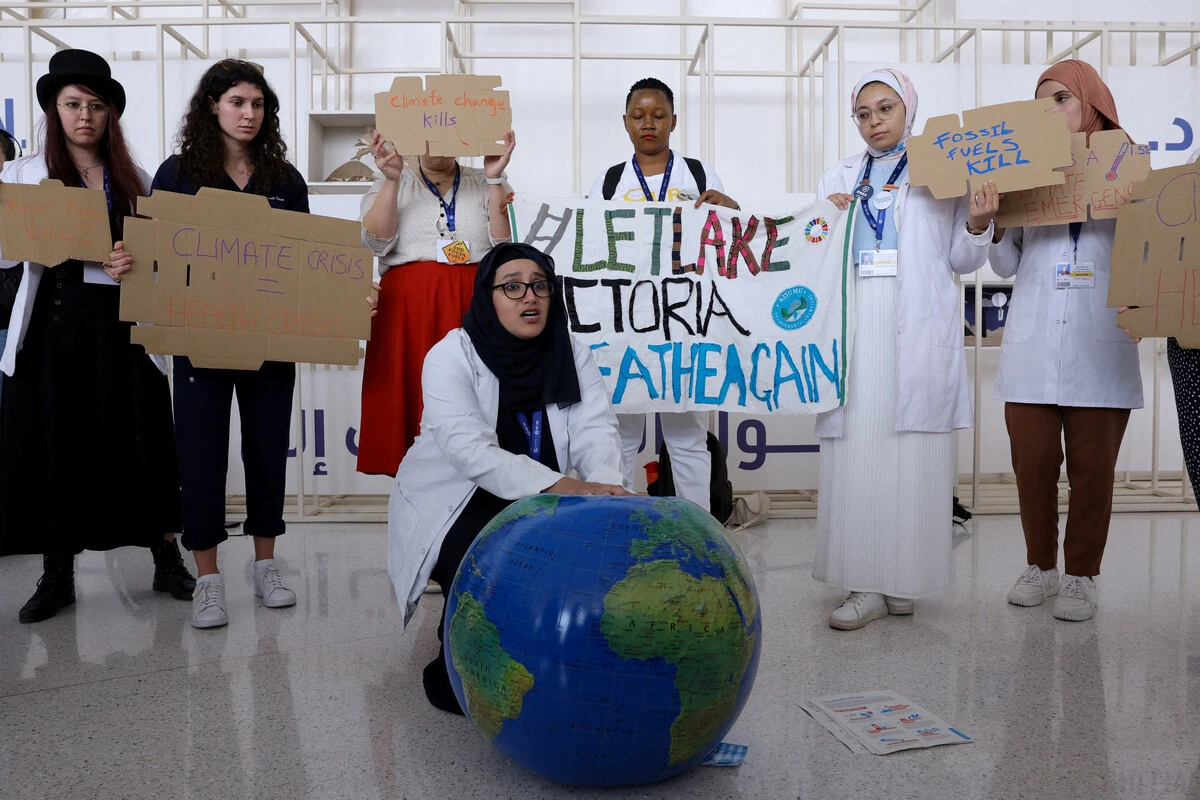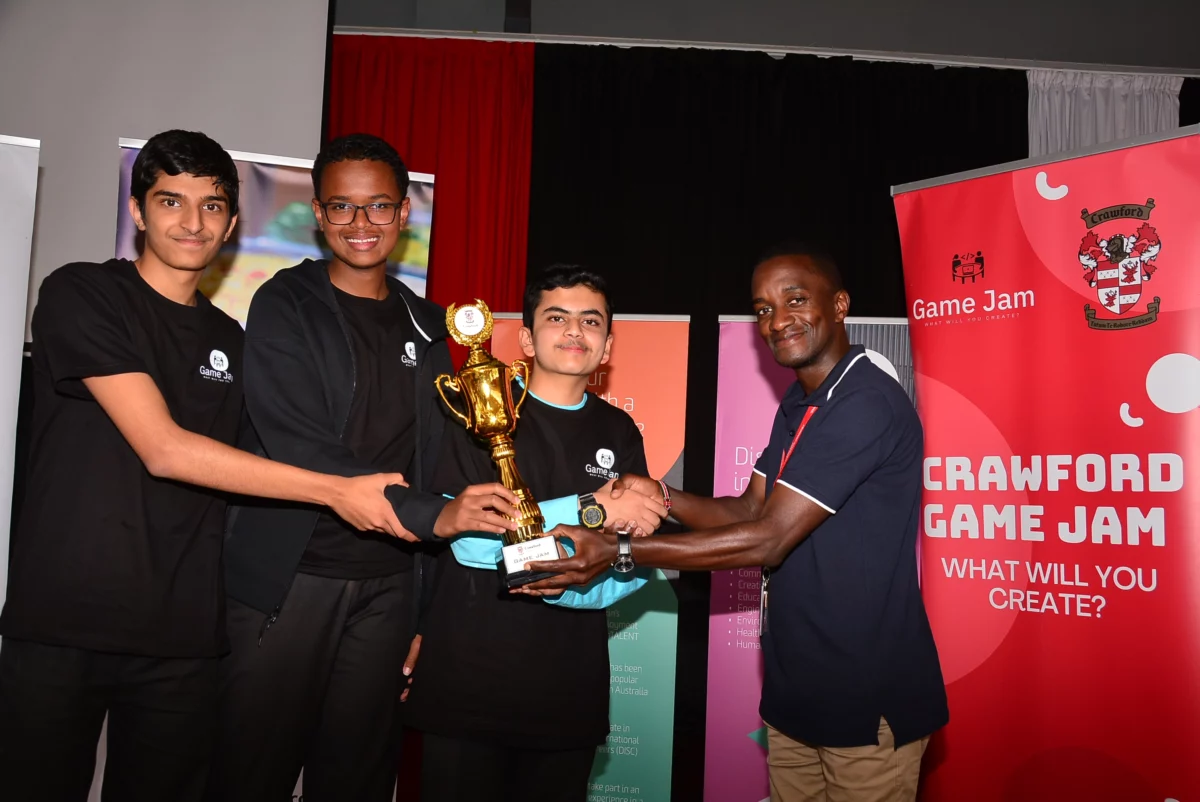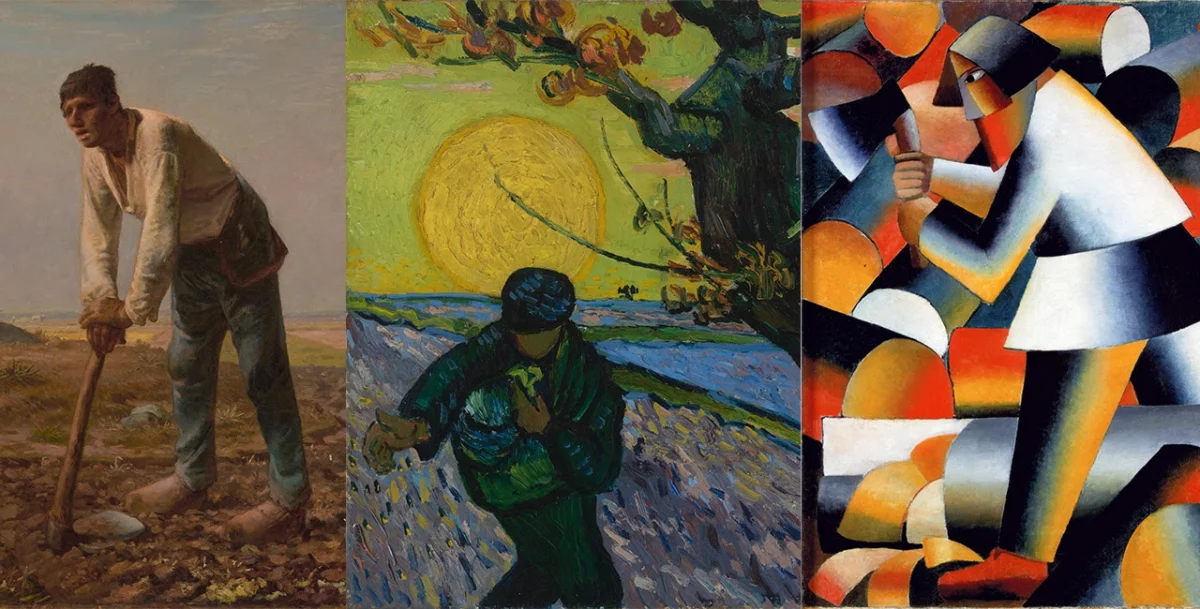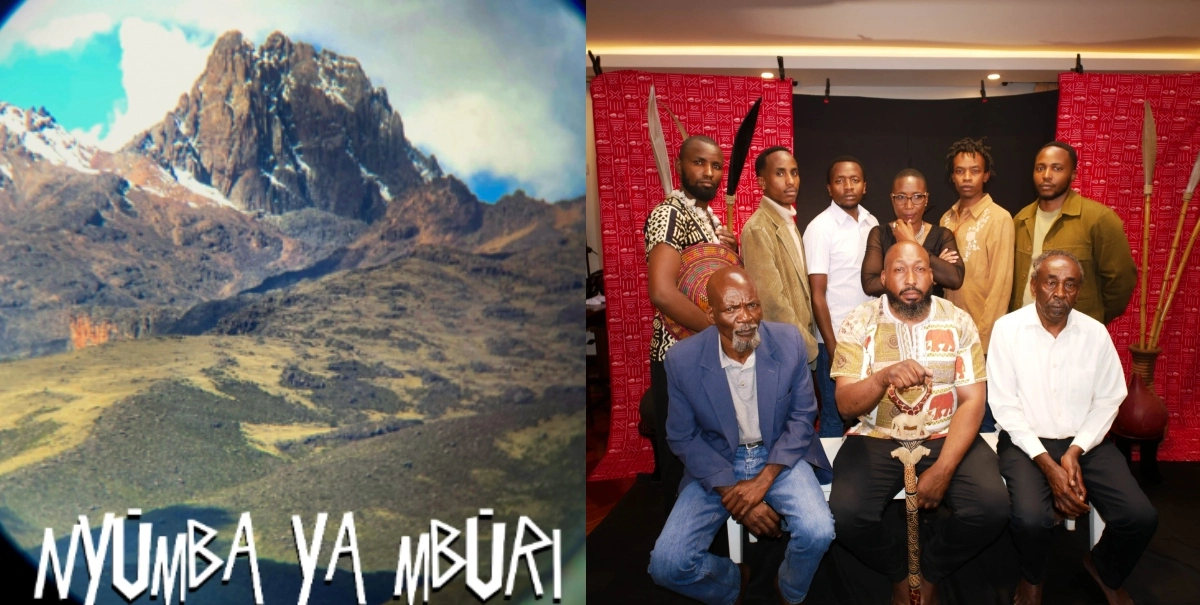Ever since the outbreak of the Sudan war in April 2023, the nation has become the site of one of the worst humanitarian crises in the world.
According to the UN refugee agency, more than 7 million people are internally displaced, nearly 2 million have fled to neighboring countries, and 25 million (half of the population) need humanitarian assistance in Africa’s largest agricultural producer.
Prospects for peace in a nation where over 20,000 people have been killed since the war began are dim as fighting shows no signs of abating.
Regional powers and neighboring countries have taken sides in the conflict between the key generals: Abdel Fattah al-Burhan, leading the Sudanese Armed Forces, and Mohamed “Hemedti” Dagalo, who commands the paramilitary Rapid Support Forces. The UN has accused both factions of engaging in war crimes, ethnic cleansing, and crimes against humanity.
The United Arab Emirates is emerging as a front runner with a hand and massive influence in the direction of the war, accused of supporting the RSF and with massive investment in the rich nation.
Since 2018, the UAE has invested over $6 billion in Sudan, including contributions to the country’s foreign reserves, agriculture projects, and the development of a Red Sea port. The UAE has also recruited fighters from Sudan, primarily from the Rapid Support Forces, to participate in its conflict in Yemen.
Since 2019, following the ouster of longtime president Omar al-Bashir, the UAE has undermined Sudan’s democratic transition by supporting both the military and paramilitary forces over the civilian government. With the onset of civil war, the UAE has shifted its focus toward backing the Rapid Support Forces. However, the Sheikhdom has repeatedly denied accusations of its involvement.
Despite the denials, the world’s attention was drawn to the UAE foreign policy in the region when American Rapper Macklemore canceled an October 2024 concert in Dubai citing UAE’s role “in the ongoing genocide and humanitarian crisis.”
According to UN experts, the UAE established logistical operations to send weapons to the Rapid Support Forces through its networks in Libya, Chad, Central African Republic, South Sudan and Uganda. Armaments and supplies were disguised as humanitarian aid.
The UAE’s involvement with the Rapid Support Forces (RSF) highlights the intricate and often opaque dynamics of modern geopolitical strategies in Sudan. Hemedti, leader of the RSF, is reportedly a key protector of Emirati interests, particularly in gold and agriculture. Gold has been a major driver of the conflict in Sudan, funding both sides’ military efforts, with the UAE as the main beneficiary.
Nearly all the gold smuggled from Sudan flows to the UAE, which has become a central hub for laundering trafficked gold into the global market. Official figures show that in 2022, the UAE imported Sudanese precious metals valued at approximately $2.3 billion.
Food security is also a priority for the UAE, as it imports 90% of its food supply. Since the 2007 global food crisis, the UAE has heavily invested in foreign farmland. In northern Sudan, two Emirati companies are cultivating over 50,000 hectares, with plans for further expansion.
Agricultural goods are shipped via the Red Sea, and to bypass Sudan’s government-controlled port, the UAE signed a 2022 agreement to construct a new port operated by the Abu Dhabi Ports Group. The UAE has leveraged the RSF to safeguard its interests, particularly in securing food resources.
The humanitarian situation is worsening in Sudan, but the international community has done little to address it, notable by the glaring inability to raise sufficient aid for the starving Sudan population and lack of pressure to hold the players in the conflict responsible. Unless dramatic change occurs in handling of the crisis, the nation risks falling deeper into a catastrophic humanitarian crisis.
Read Also: The Forgotten Population of Sudan, Starving



